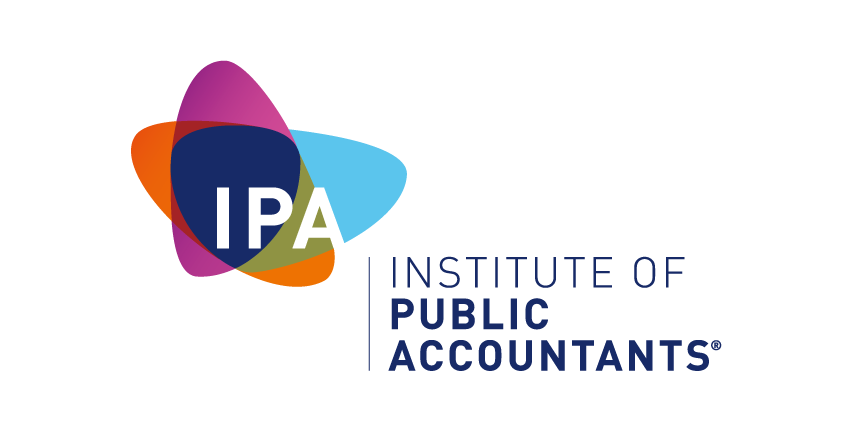MEDIA STATEMENT FROM THE JOINT ASSOCIATIONS WORKING GROUP
JOINT ASSOCIATIONS WORKING GROUP (JAWG) PUSHES FOR MORE FLEXIBLE EDUCATION STANDARD FOR NEW ENTRANTS AND CAREER CHANGERS
The financial advice sector has unified to improve the pathways for new advisers to enter the profession in response to declining numbers of financial advisers.
The Joint Associations Working Group (JAWG) has proposed some core principles to strengthen the education standard for new entrants to the financial advice profession. These principles aim to enhance the flexibility of the education standard for new entrants while maintaining professional standards.
The number of financial advisers has reduced by 46 per cent since the peak in 2019, and only 381 new entrants joined and remained in the profession in 2023. With access to financial advice increasingly out of reach for many Australians, encouraging more advisers to the profession is now vital.
Only a small number of tertiary educators offer financial planning studies, with many already reducing their courses.
Under the JAWG proposal, the minimum requirement for new entrants would remain a tertiary degree. Importantly, the existing approved programs would remain valid and available. This proposal gives new entrants and career changers greater flexibility by recognising more of their pre-existing degree courses, while maintaining appropriate qualification levels to ensure consumer protection.
The joint position of the advice associations sector has been welcomed by the government, and JAWG members have met with Treasury to commence discussions on the proposal to refine in further detail and JAWG looks forward to collaborating broadly with the sector to ensure education requirements ultimately support more new entrants into the profession.
Core elements of the proposal
The proposal builds on the August 2022 Treasury consultation paper and includes the following key elements:
- Five core knowledge areas with a further three elective knowledge areas to be chosen from a broad list that recognises different streams of financial advice. Examples of elective knowledge areas could include SMSF Advice, portfolio management and aged care.
- The ability to complete study units across multiple programs that can be supplemented by bridging units either contemporaneously or later if required.
- The curriculum is to be set and maintained by a broadly representative advisory group, including representatives from associations and academia.
About the Joint Associations Working Group
The Joint Associations Working Group is a coalition of 11 industry and professional bodies representing financial advisers, stockbrokers, accountants, superannuation trustees and investors with the goal of making advice more affordable and accessible for consumers. Members include:
- Boutique Financial Planning Principals Association Inc. (BFP)
- Chartered Accountants Australia and New Zealand (CA ANZ)
- CPA Australia
- Financial Advice Association of Australia (FAAA)
- Financial Services Council (FSC)
- Financial Services Institute of Australasia (FINSIA)
- Institute of Public Accountants (IPA)
- Licensee Leadership Forum (LLF)
- Self Managed Super Fund Association (SMSFA)
- Stockbrokers and Investment Advisers Association (SIAA)
- The Advisers Association Ltd (TAA)
